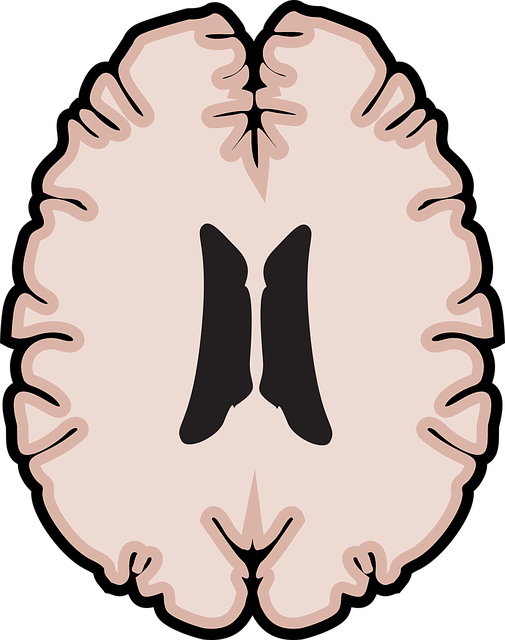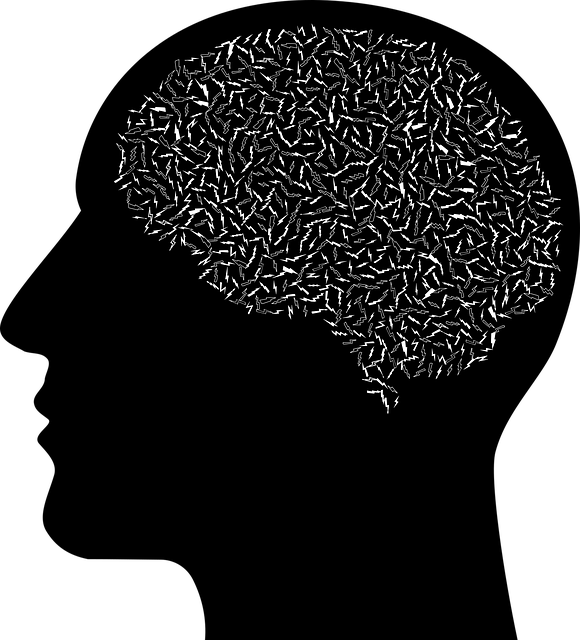Cultural sensitivity in mental healthcare is key for effective treatment of PTSD in diverse communities like Longmont, Colorado. Trained professionals adapt techniques like Mindfulness Meditation and Mood Management to respect unique cultural contexts, enhancing engagement and outcomes. Overcoming language barriers, understanding community-specific challenges, and fostering self-awareness through culturally competent practices are essential. In Longmont, mental health providers prioritize these approaches in Longmont Post-Traumatic Stress Disorder Therapy, utilizing education programs to break down cultural barriers and offer inclusive access to specialized care that respects diverse identities.
In today’s diverse society, cultural sensitivity is paramount in mental healthcare. This article explores the crucial aspect of providing culturally competent care, especially in addressing Post-Traumatic Stress Disorder (PTSD) in Longmont. We delve into the concept of cultural sensitivity and its significance, highlighting challenges and barriers faced in cross-cultural therapy. Furthermore, practical strategies are offered to enhance treatment for individuals from various backgrounds, ensuring effective Longmont PTSD therapy.
- Understanding Cultural Sensitivity in Mental Healthcare
- Challenges and Barriers in Providing Cross-Cultural Therapy
- Strategies for Culturally Competent Practice with PTSD in Longmont
Understanding Cultural Sensitivity in Mental Healthcare

Cultural sensitivity in mental healthcare is an essential aspect that cannot be overlooked, especially when addressing issues like Post-Traumatic Stress Disorder (PTSD) in diverse communities. It involves recognizing and appreciating the unique cultural backgrounds, beliefs, and practices of individuals seeking therapy. In Longmont, Colorado, where a diverse population coexists, mental health practitioners play a crucial role in providing tailored care to those struggling with PTSD. This approach ensures that clients from various ethnic, racial, and cultural groups receive support that respects their personal contexts.
Understanding cultural sensitivity means going beyond surface-level awareness; it requires trained professionals to educate themselves on the specific challenges and strengths within different communities. For instance, integrating practices like Mindfulness Meditation or Mood Management may be more effective when adapted to suit individual cultural preferences. Moreover, Trauma Support Services can significantly benefit from a culturally sensitive approach, as it helps bridge the gap between traditional healing methods and modern therapy techniques, ultimately fostering better engagement and outcomes for clients dealing with PTSD.
Challenges and Barriers in Providing Cross-Cultural Therapy

Providing cross-cultural therapy comes with unique challenges that require mental healthcare professionals to navigate complex territories. One significant barrier is the potential for cultural misunderstandings and miscommunications, especially when working with individuals from diverse backgrounds experiencing conditions like Longmont Post-Traumatic Stress Disorder (PTSD). What’s considered normal behavior or coping mechanisms can vary greatly across cultures, making it crucial for therapists to be well-versed in their clients’ specific ethnic and social contexts.
Another challenge lies in ensuring equal access to care and addressing systemic barriers that might prevent certain cultural groups from receiving the support they need. This includes understanding and overcoming language barriers, as well as developing inclusive practices that respect and honor diverse beliefs and values. Moreover, therapists must stay updated on cultural nuances and trends, continually learning about evolving communities’ specific needs, particularly in areas like stress reduction methods and confidence boosting, to provide culturally sensitive mental wellness coaching programs.
Strategies for Culturally Competent Practice with PTSD in Longmont

In Longmont, addressing Post-Traumatic Stress Disorder (PTSD) through culturally competent practices is a growing priority in mental healthcare. Therapists and counselors are increasingly recognizing the importance of understanding and respecting diverse cultural backgrounds to effectively support clients dealing with PTSD. One effective strategy involves incorporating self-awareness exercises tailored to each client’s cultural context. By fostering deeper understanding of personal experiences and beliefs, these exercises enable individuals to develop inner strength, a key component in the healing process.
Additionally, Longmont mental health professionals are designing innovative Mental Health Education Programs that go beyond traditional therapy. These programs aim to educate both clients and their communities about PTSD, breaking down cultural barriers and promoting early intervention. Through community outreach and collaboration with local cultural centers, these initiatives foster a more inclusive environment, ensuring individuals from diverse backgrounds receive the specialized Longmont Post-Traumatic Stress Disorder Therapy they need while respecting their unique cultural identities.
In addressing mental healthcare, cultural sensitivity is paramount. As highlighted in this article, understanding and navigating cross-cultural therapy in Longmont, particularly for Post-Traumatic Stress Disorder (PTSD), involves recognizing challenges like language barriers and unconscious biases. However, by adopting culturally competent strategies, healthcare professionals can create inclusive environments that foster healing. This approach ensures that individuals from diverse backgrounds receive effective and respectful treatment, ultimately enhancing the accessibility and quality of mental health services in Longmont.














